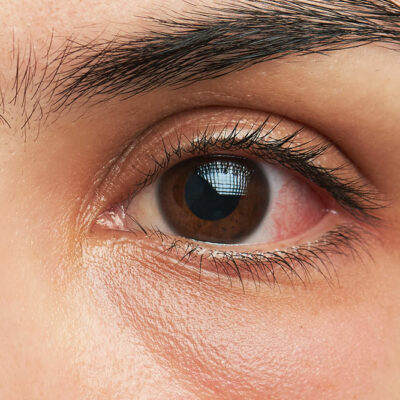
5 Home Remedies for GERD
GERD, or gastroesophageal reflux disease, is a digestive disorder that occurs when stomach acid flows back into the tube that connects the mouth and stomach, called the esophagus. The backwash is known as acid reflux and irritates the lining of the esophagus. While many people experience acid reflux from time to time, GERD will materialize at least twice a week and is more severe.
Symptoms can include an uncomfortable burning sensation in the chest (heartburn), a bitter or sour taste in the back of the mouth, regurgitating food or liquid from the stomach into the mouth, and sometimes it causes difficulty swallowing and breathing problems. GERD occurs when the lower esophageal sphincter, the circular muscle at the end of the esophagus, doesn’t tighten or close properly. Normally, this muscle relaxes and opens when swallowing, then tightens and closes afterwards, but when it doesn’t work properly, it allows digestive juices from the stomach to climb into the esophagus, causing acid reflux.
To relieve and prevent GERD, there are various home remedies and lifestyle changes that can help, including the following:
1. Don’t lie down after eating
Lying down after eating a meal might feel like a good idea, but it can cause acid reflux. While lying down, the contents of the stomach can push themselves back up the esophagus, due to the esophageal sphincter relaxing. Rather, let gravity do the work for you by remaining upright after eating to help keep the food down. A good rule to follow is to eat three to four hours before you lie down to allow the food to fully digest.
2. Chew gum
Studies have concluded that chewing gum can reduce the acidity in the esophagus. Chewing a piece of gum for half an hour after eating stimulates the salivary glands, increasing saliva. The extra saliva can help wash away acid.
3. Maintain a healthy weight
Though GERD can appear in anyone, it seems to affect those who are overweight or obese more often. Extra weight in the abdominal area puts more pressure on the stomach, which puts people at an increased risk of acid reflux and heartburn. Losing belly fat can help relieve the pressure on the LES (lower esophageal sphincter) and improve GERD symptoms.
4. Relaxation techniques
The esophageal muscles work to keep stomach acids where they belong and relaxation techniques can help with that. Relaxation techniques are used to calm both the mind and body and those with GERD can benefit from utilizing breathing techniques to strengthen the diaphragm. Yoga and meditation classes can help teach deep breathing exercises that can help with acid reflux.
5. Foods to avoid
Certain foods and beverages have been known to trigger GERD and doctors recommend avoiding these foods. If you commonly experience acid reflux, try avoiding the following foods:
- Tomato-based products
- Fried foods
- Caffeine
- Soda and other carbonated beverages
- Citrus fruits and juices
- Chocolate
- Garlic
- Mint
- Onions, especially raw
- Alcohol
Keeping a food diary can help GERD patients learn which foods tend to trigger acid reflux. By limiting these foods, you can experience fewer symptoms.


